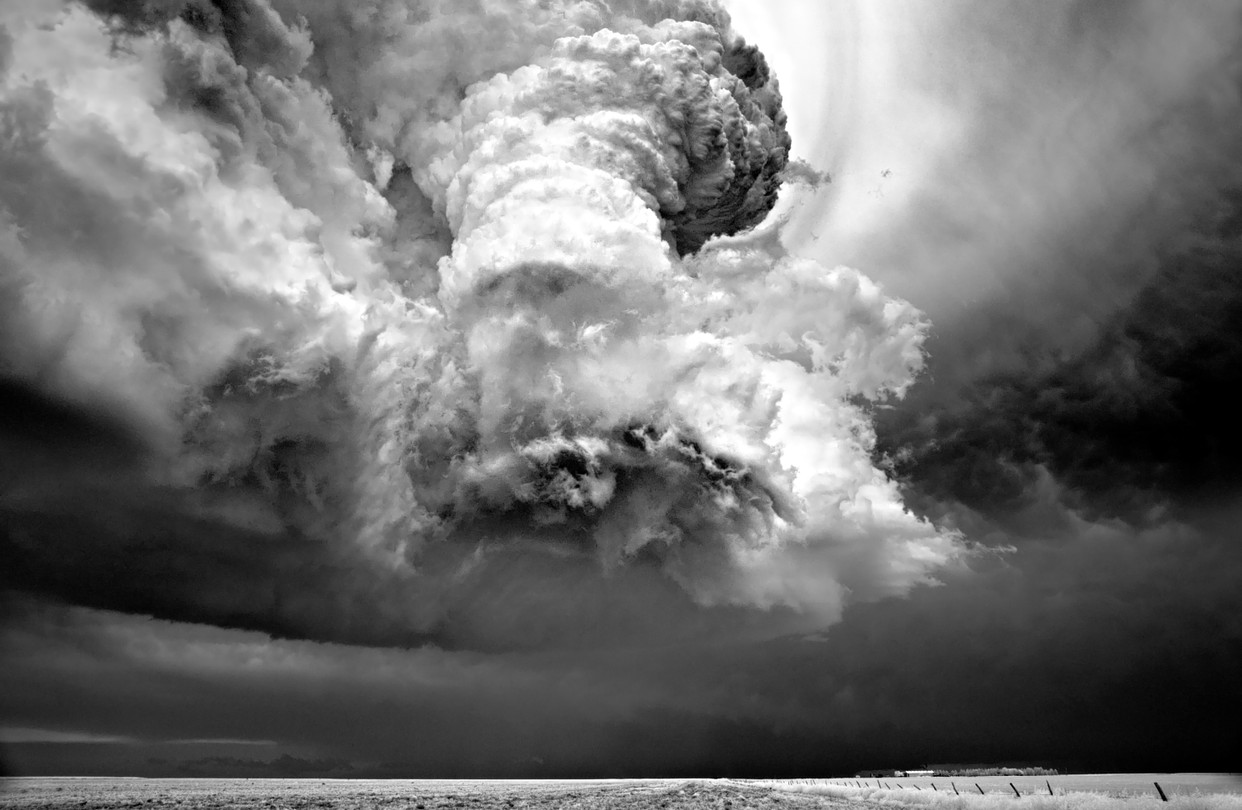In the contemporary discourse surrounding climate change, a cathartic tension between scientific integrity and societal perception persists. The Baha’i teachings ambitiously propose a nuanced understanding of environmental stewardship, motivated by the principles of unity and justice. Through the lens of these teachings, it is essential to acknowledge the scientific consensus regarding climate change, while simultaneously exploring the philosophical implications encompassed within this phenomenon.
The Baha’i Faith emphasizes the notion of progressive revelation, wherein the teachings of its founder, Baha’u’llah, serve as a clarion call for humanity to engage with pressing global challenges through a lens of interconnectedness. This perspective inherently advocates for a collective commitment to addressing issues such as climate change, which transcends individual national interests and taps into the very essence of our shared existence.
One cannot overlook the profundity of the scientific evidence elucidating climate change. Climate scientists have amassed a wealth of data indicating a statistically significant alteration in the earth’s climate systems due to anthropogenic activities. The rising concentrations of greenhouse gases, particularly carbon dioxide and methane, serve as unequivocal indicators of this trend. The broader Baha’i understanding posits that the earth is a singular entity, an intricate web of life where each strand is interdependent and crucial for collective survival.
Yet, the phenomenon of climate change extends beyond empirical data; it is steeped in moral and ethical considerations. The Baha’i teachings emphasize the imperative of justice and equity, particularly as it relates to the disproportionate impact of climate change on marginalized communities. Such communities, often lacking the resources to adapt or recover from environmental degradation, stand as silent witnesses to a greater injustice. For a Baha’i, the moral imperatives outlined in their teachings compel individuals and institutions alike to advocate for policy changes that holistically address the ramifications of climate change.
As humanity grapples with the implications of climate change, individuals may feel an increasingly insatiable curiosity about the underlying mechanisms driving ecological decline. This fascination may stem from the struggle to reconcile scientific realities with spiritual insights. The connection between climate change and the Baha’i emphasis on the oneness of humanity prompts a critical inquiry into our ethical responsibilities. Baha’is are encouraged to cultivate attitudes of solidarity with all inhabitants of the planet, nurturing a greater sense of global citizenship.
In artistic and creative expressions, the struggle against climate change has awakened a rich cultural dialogue. Baha’i contributions to this dialogue underscore transformative paradigms that advocate for sustainability. The inherent beauty of creation, as described in Baha’i texts, reinforces the notion that the natural world is not merely a resource to be exploited, but a sacred trust bestowed upon humanity. This reverence for nature is crucial in cultivating environmental awareness and encouraging responsible stewardship.
Scientific literacy emerges as a critical component of addressing the multifaceted challenges posed by climate change. Baha’is are encouraged to actively engage in the pursuit of knowledge, and this indeed extends to understanding the implications of climate science. Educational initiatives inspired by the Baha’i teachings advocate for an integrative approach, where scientific inquiry is harmonized with ethical reflection. This synthesis is fundamental in fostering a culture that values both empirical evidence and moral responsibility.
Moreover, the concept of consultation, a core tenet of Baha’i practice, stands as an effective methodology for navigating complex issues such as climate change. Through collective dialogue, diverse perspectives can coalesce to forge holistic solutions. In this context, consultation must be inclusive, inviting voices from disparate backgrounds and spheres of influence. Engaging stakeholders—scientists, policymakers, and communities—facilitates a richer understanding of the causes and consequences of climate change, enabling collaborative responses that resonate with the principle of unity.
Additionally, the call for action in the Baha’i teachings emphasizes the role of individual agency. Each person possesses the capacity to initiate change. By embodying principles such as moderation, conservation, and sustainability within their own lives, Baha’is can set meaningful precedents for others. Small acts of environmental consciousness, stemming from a deep spiritual commitment, can inspire broader movements that collectively forge pathways toward ecological resilience.
The discourse surrounding climate change also serves as a mirror reflecting humanity’s values and priorities. The urgency of this situation implores a shift in perspective—a transcendence beyond short-term gains and a reevaluation of our relationship with the natural world. Each Baha’i adherent is called to introspect and align their actions with the overarching ideals of compassion and responsibility. This inner transformation facilitates the emergence of a global culture that honors the environment as a collective heritage.
In summation, the Baha’i teachings provide a robust framework through which to navigate the complexities of climate change. By acknowledging settled scientific consensus while intertwining moral imperatives founded on unity and justice, Baha’is can contribute meaningfully to the dialogue surrounding environmental stewardship. As humanity stands at a crossroads, the call to action is profound: it is a clarion call to collectively address climate change with equanimity, integrity, and a resolute commitment to our shared future.
